
OR
PM Oli to address first ever eco-friendly Climate Summit to urge for greater action on global warming
Published On: November 22, 2018 10:22 AM NPT
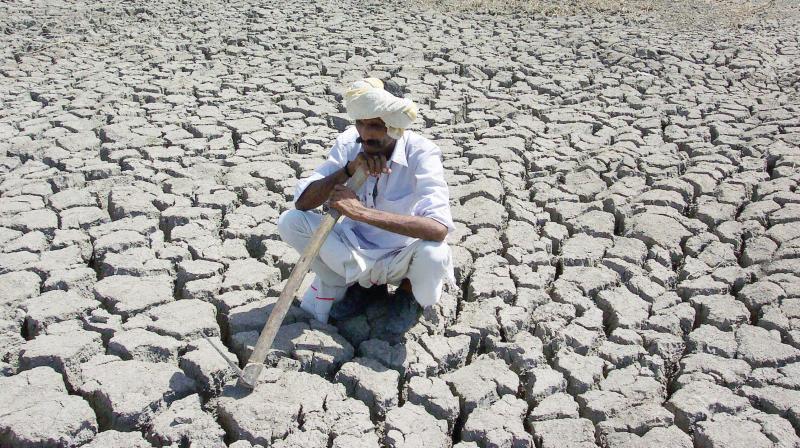
KATHMANDU, Nov 22: Prime Minister KP Sharma Oli will address the first ever Virtual Climate Summit -- held entirely online to ensure it is carbon neutral -- at 8: 15 PM NST.
Despite Nepal's dismal contribution to Green House Gas (GHG) emissions, it is ranked as the fourth most vulnerable country to climate change in the world. Nepal's GHG emission is around 0.027 percent of the global emission.
The Climate Vulnerable Forum, which aims to ratchet up global climate ambition ahead of a major conference in Poland, is the world’s first virtual climate summit. And it could set an example of how to walk the climate walk and engage civil society more meaningfully using technology.
Today’s eco-friendly event stands in stark contrast to many other international summits, which involve thousands of delegates jetting across the world to a venue where they stay in air-conditioned comfort.
Organizers of the UN's COP21 climate talks in Paris in 2015 estimated it generated 43,000 tonnes of carbon dioxide, although much of this was later offset through carbon-credit schemes.
The summit will be a chance to for other leaders to discuss how to rally the rest of the world. Climate Vulnerable Forum members and other world leaders like France’s Macron will post pre-recorded statements on Thursday. There will also be live panels hosted on Facebook Live on the summit’s page. The summit also has a hashtag (#virtualclimatesummit) where Twitter users can follow along and chip in.
The concept sounds simple, but it sends a powerful message. Scientists made it clear in a bombshell report released last month that we have a decade to slash carbon pollution by 45 percent. Flying is among the most harmful activities for the climate, accounting for about 2.5 percent of the world’s carbon emissions. And the skies are only getting more crowded and polluted.
The summit is the brainchild of the President of the Marshall Islands Hilda Heine, whose nation will drown beneath the rising waters of the Pacific Ocean if global warming continues unabated.
She said the cutting-edge setup was designed to show that even small nations such as the Marshalls could make a big difference on the world stage using creative, climate-friendly solutions.
The online summit consists of a rolling, 24-hour livestream that will hear addresses from world leaders including France's Emmanuel Macron and Justin Trudeau of Canada before organizers issue a declaration early tomorrow.
Following the recent release of the IPCC Special Report on Global Warming of 1.5°C, the Virtual Summit will highlight new national efforts and share perspectives on climate risks and on opportunities of putting the world on a safer 1.5°C pathway.
“What we face, the world will face,” said President Heine while stressing that “all nations must urgently find ways to step up and do more to tackle climate change if we are to protect vulnerable nations and people everywhere from an escalation of life-and development- threatening danger, including existential threats to nations like my own.”
“Time is running out, and we cannot afford to fail,” says GEF CEO Naoko Ishii in her video address to the CVF Virtual Climate Summit. “In our new four-year investment strategy, the GEF puts a strong emphasis on financing for Least Developed Countries (LDC) and Small Island Developing States. We have put systems transformation at the heart of our strategy. And we are making new resources available for adaptation priorities and for other pressing sustainable development challenges.”
The GEF has been a strong partner and supporter of sustainable development for Small Island Developing States (SIDS)since it was founded over 25 years ago. It has supported the development of green and blue economy approaches in SIDS because nowhere is the inextricable connection between people’s well-being, prosperity, and the environment clearer than on small islands.
In recent years, growing recognition of the vital importance of the oceans to economies and livelihoods in SIDS has increased calls for integrated blue economy approaches. At the same time, SIDS face fundamental challenges that must be tackled immediately - including high vulnerability to the impacts of climate change, limited land and water resources, and often unsustainable natural resource use.
The GEF is allocating US$233 million in its new four-year investment cycle (known as GEF-7) for countries within the GEF SIDS constituency as national allocations to address pressing sustainable development challenges. The four pieces compiled below will provide more insights about the GEF work in SIDS and share real stories from project staff and beneficiaries.
With inputs from RSS, Agencies
You May Like This
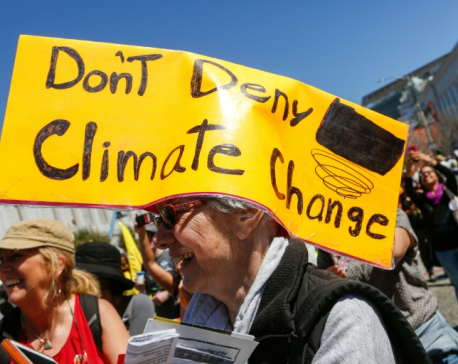
UN report on 'mission impossible' climate target: key points
To have at least a 50/50 chance of a 1.5C world, the global economy must, by 2050, become "carbon neutral,"... Read More...

Politicians stress formulating national climate change policy
SINDHUPALCHOWK, Jan 1: Climate experts and representatives of local units from all 77 districts gathered at Jyamire Guphadanda of Melamchi... Read More...

Pacific leaders seek U.S. return to Paris climate pact
SYDNEY, Sept 7: Pacific island nations declared climate change to be their “single greatest threat”, urging Washington to return to... Read More...
Just In
- KMC to organize a month-long skill fair from May 1
- Birgunj Metropolis collects over Rs 360 million in revenue
- NEPSE plunges below 2,000 points after one and a half months; daily turnover declines to Rs 2.10 billion
- AI Index Report-2024: AI still behind humans on complex tasks like competition-level mathematics
- Daiji-Jogbudha road construction at snail’s pace
- Govt fails to adopt podway technology despite its potential in Nepal
- Jhulaghat border crossing in Baitadi to remain closed from this evening
- Universities will be free from partisan interests: Education Minister








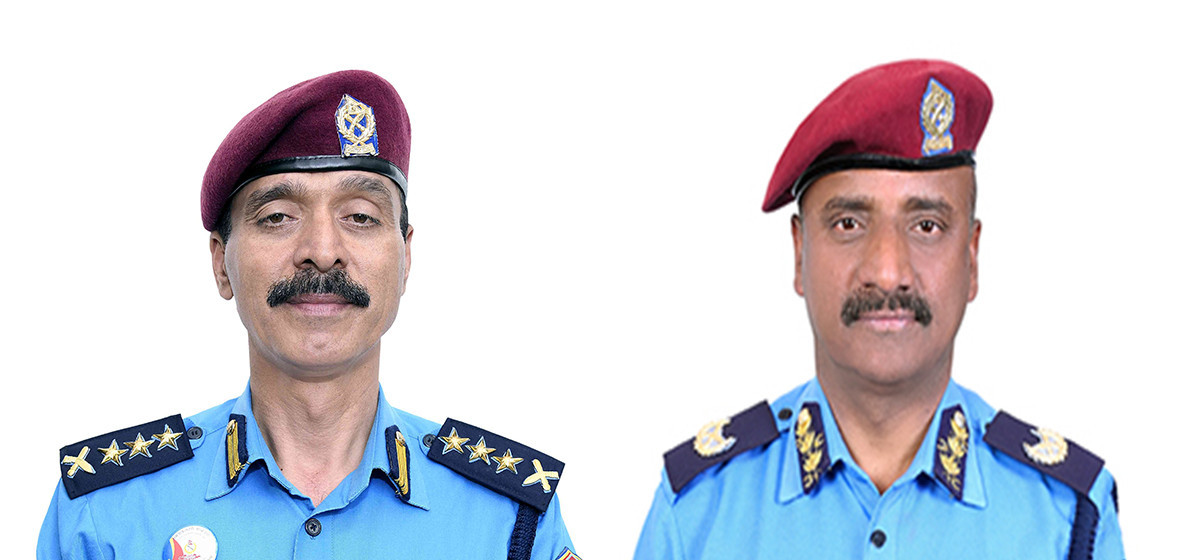
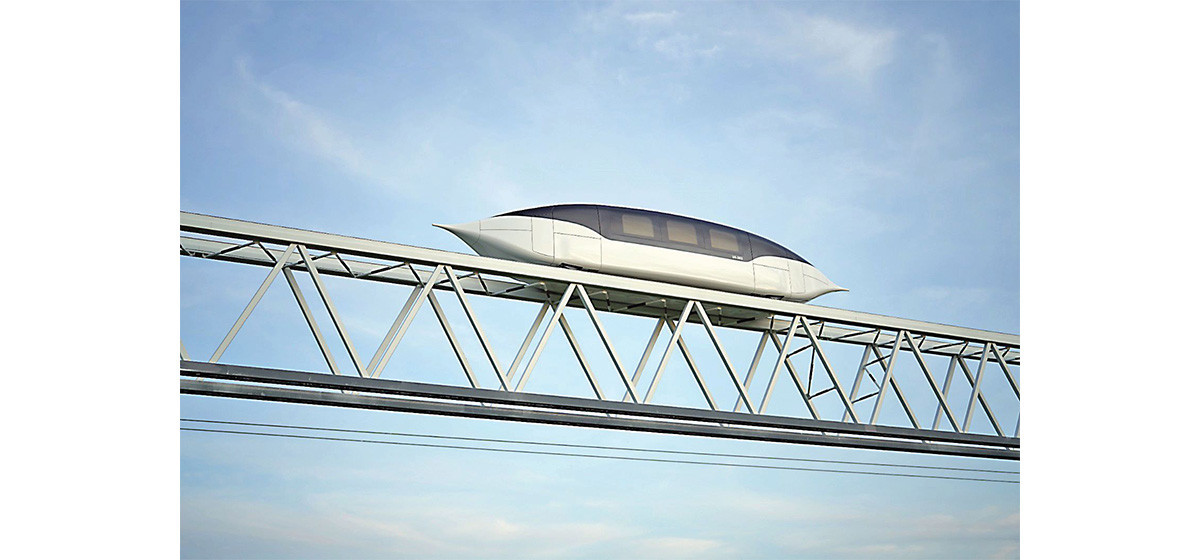


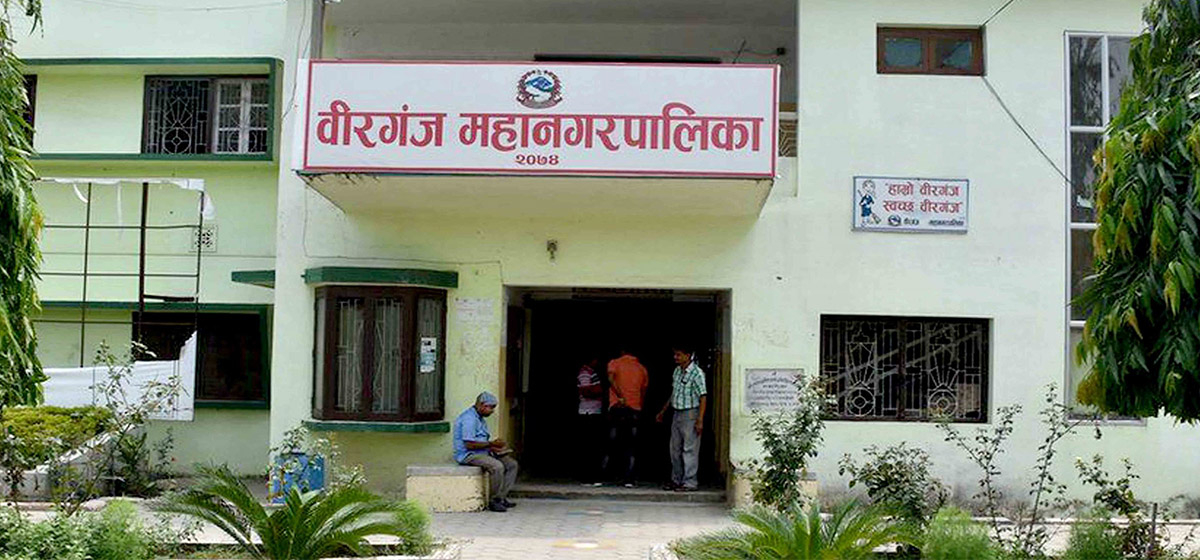


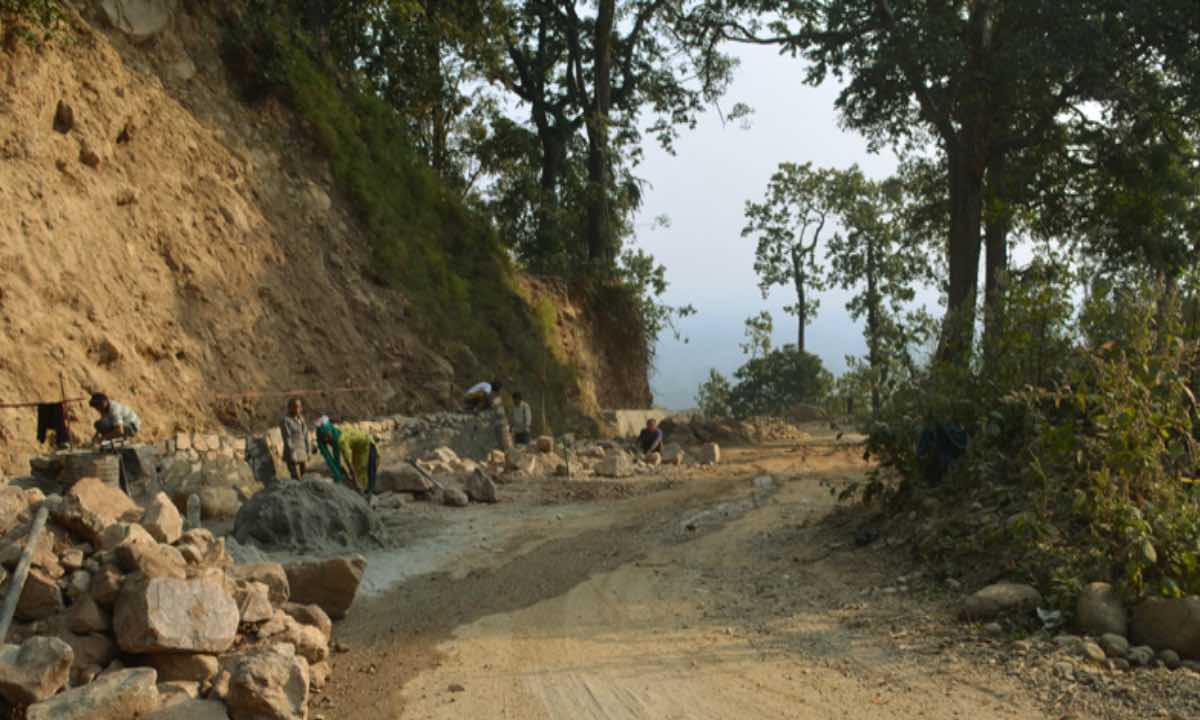
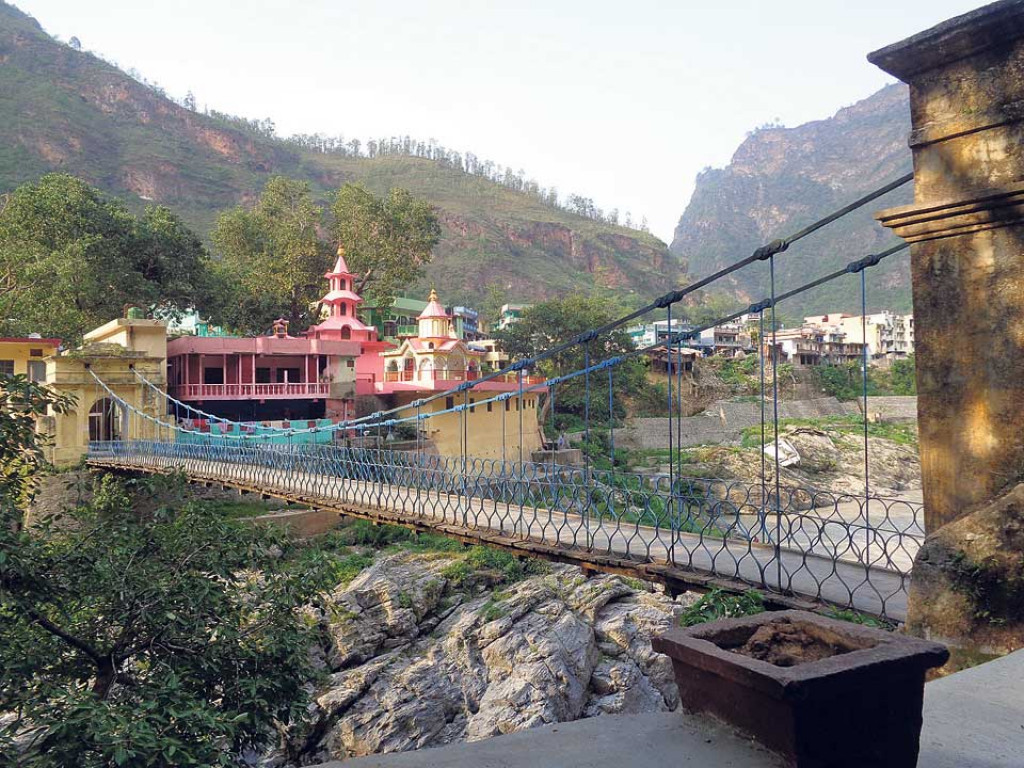
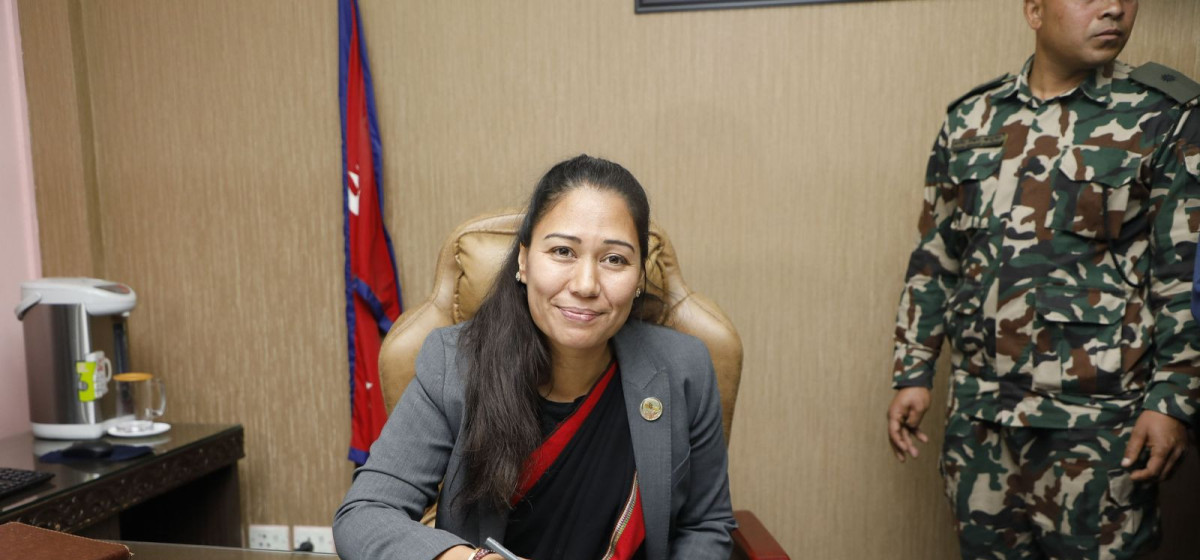
Leave A Comment